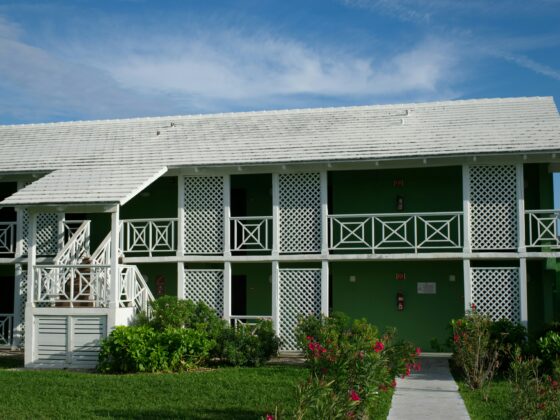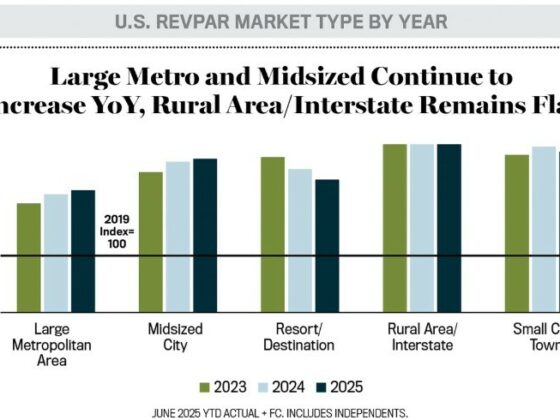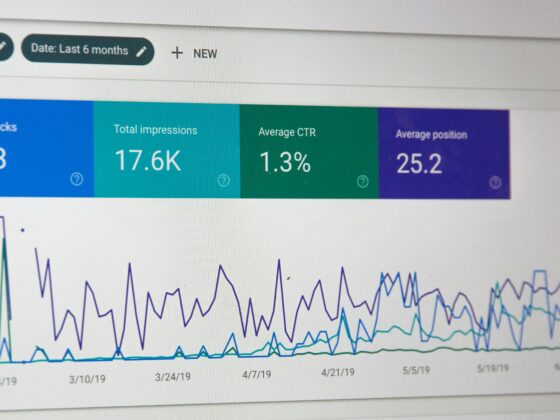💥 In my last post, I argued that overtourism is a myth – fake news that needs to be debunked. Over the next days, I’ll unpack its flaws, based on insights from my PhD and 20 years in tourism development.
➡️ Let’s start with the first misconception: the idea that overtourism reflects the views of an entire destination.
🔍 The reality is very different. My PhD research in Bruges (2002–2005, 1,000+ residents surveyed) revealed four groups. Haters (16%) were negative about almost every aspect of tourism. Lovers (33%) were consistently positive, even about issues like rising prices or traffic. Two middle groups held more nuanced views: cool lovers (generally positive, but critical on some aspects) and critical realists (mixed views, sometimes extreme, depending on the dimension). In other words: tourism attitudes are diverse, fragmented, and far from uniformly negative.
🎯 And here’s the important part: these findings weren’t unique to Bruges. They matched earlier international studies, were later confirmed again in Bruges, and echoed worldwide. Again and again, research shows the same pattern: many locals support tourism, even when aware of its downsides.
❌ Yet myths persist by addressing so-called biases for this positive view:
– “People economically depend of tourism. Of course they are pro.” → Wrong. I found no correlation between employment in tourism and attitudes.
– “Those living outside the tourist center are less negative because they don’t ‘feel’ the consequences.” → Wrong again. Geography in Bruges was irrelevant.
– “Long-time residents are more critical.” → Also false.
💡 “Logical” explanations don’t hold, but one does: narratives! Residents make sense of tourism through the stories they tell – what social psychologists call social representations.
📣 In Bruges, two narratives dominated: an economic narrative (“tourism as opportunity and income”) and a territorial one (“tourism as an invading army, threatening the city”). Lovers consistently used the economic frame, haters the territorial one. And here’s the catch: when we use ‘overtourism’, we amplify the territorial narrative of a minority – and wrongly present it as the voice of all residents.
👀 Even research with 11- and 12-year-olds in Bruges by Diederik De Bruycker confirmed this: most adopted the territorial “invasion” narrative, except children from tourism families. Socialization shapes tourism attitudes. Which makes it dangerous when media, academics, and policymakers keep reinforcing the fear-based frame.
👉 To summarize. Tourism undeniably creates challenges. But calling it overtourism is misleading. It ignores the supportive majority, dismisses decades of evidence, and reduces a complex reality to a fearful minority view. And as we all know: fear is a poor advisor.
Next up (2/5): I’ll tackle another myth – the idea that “too many tourists” is a law of nature. Spoiler: destinations have far more agency than we think.







